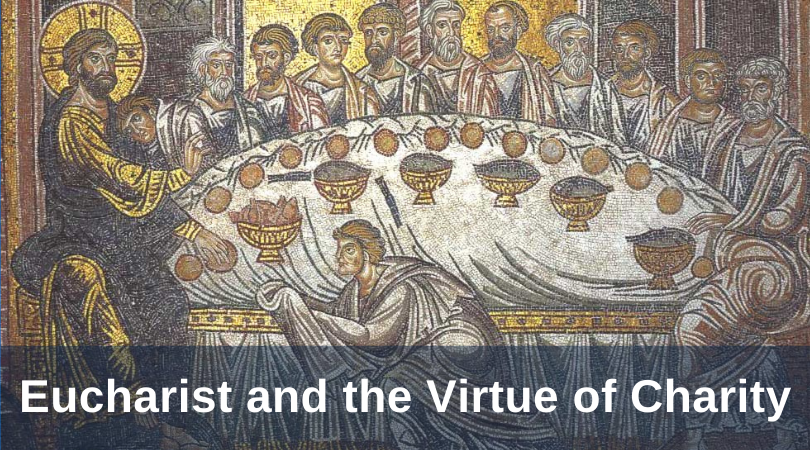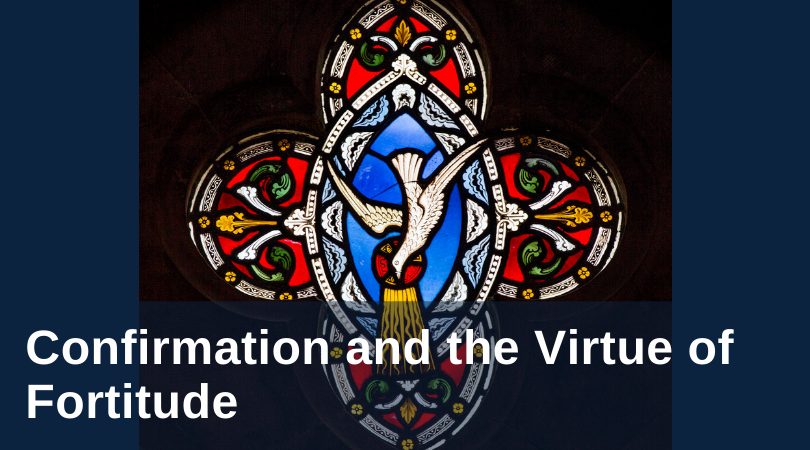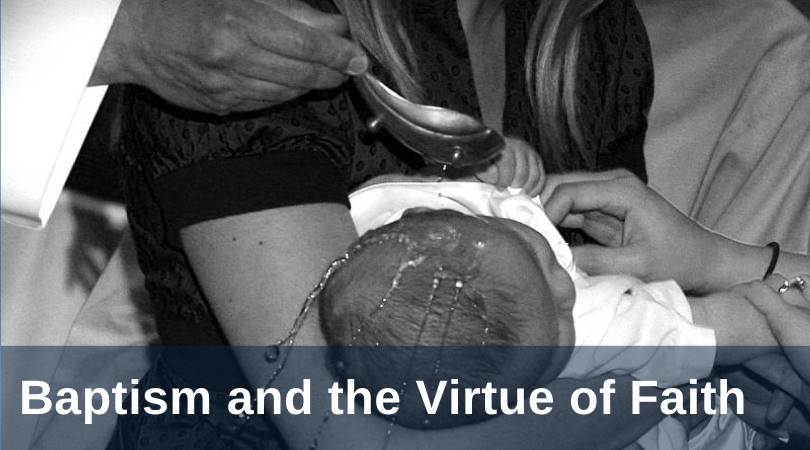Love is often misconstrued in our culture. We use the same word to describe our fondness for coffee, our favorite book, our dearest friends and family members. In relationships, love is reduced to a feeling, often bound up in lust. For some, love only exists in fairy tales, because of the hurt, betrayal, and pain they have endured by people in their life who were supposed to love them. But true love, true charity, is self-emptying, sacrificial, unconditional.
Topics: charity, Eucharist, formation, sacraments, virtue
When I was 17, I had to get blood drawn. My mom went with me, and the phlebotomist happened to be an old acquaintance of hers. Making small talk, my mom asked the phlebotomist how her daughters were. She mentioned that one of her daughters was going through Confirmation, albeit reluctantly, and that she was encouraging her daughter to finish it “just in case, you know, she ever wanted to get married in the Church, it’s always a good thing to have in your back pocket.” I was so surprised at her attitude, as was my mother, who delivered some smart remark (ever so politely) about how she was pretty sure Confirmation meant a whole lot more than that. I’m not sure why this memory is so vivid, but I’ve never forgotten it.
Though this may come as a surprise to some, Confirmation is not about becoming an adult in the Church, or deciding for yourself whether or not you want to remain Catholic, or graduation (read: freedom) from Faith Formation/CCD classes. (If you were ever under the impression that it was, you’re not alone; at one point, I was too.) And it is certainly not just “a good thing to have in your back pocket.”
Topics: cardinal virtues, moral virtue, sacramental formation, sacraments, virtue, Confirmation
As a young girl, I always loved the Sundays when a Baptism took place in the context of the Mass. There were many reasons I found Baptisms captivating; for starters, they punctuated our usual Sunday routine with something out of the ordinary. But more than that, I was drawn up into the joy and the excitement of the sacrament. I loved seeing the little babies, water poured over them, oil lathered on their foreheads, their candles lit, the priest saying “________________, in the name of Christ, we welcome you into the Church,” and the choir singing, “Blessed be God, O blessed be God, who calls you by name, holy and chosen one.”
Topics: baptism, faith, moral virtue, sacraments, theological virtues, virtue
Faith and Science: Imperfection, Evil, and Human Nature
Editorial Note: This post is part of our #FaithAndScience series exploring the relationship between science and religion, and is excerpted from the author's textbook Faith, Science, & Reason: Theology on the Cutting Edge, 2nd edition (Midwest Theological Forum, 2019).
Topics: faith and reason, science and religion, sin, virtue, good and evil
Anyone with very small children – think, 0-3 years old – knows that things often do not go according to plan. There’s the blowout diaper right as you walk out the door. The nap-strike that leads to an emotional meltdown when dinner needs to be made. The relentless demand for a story when a deadline looms. Yet, we’ve all heard the adage “kids thrive with schedules.”
Topics: family life, virtue, parenting






